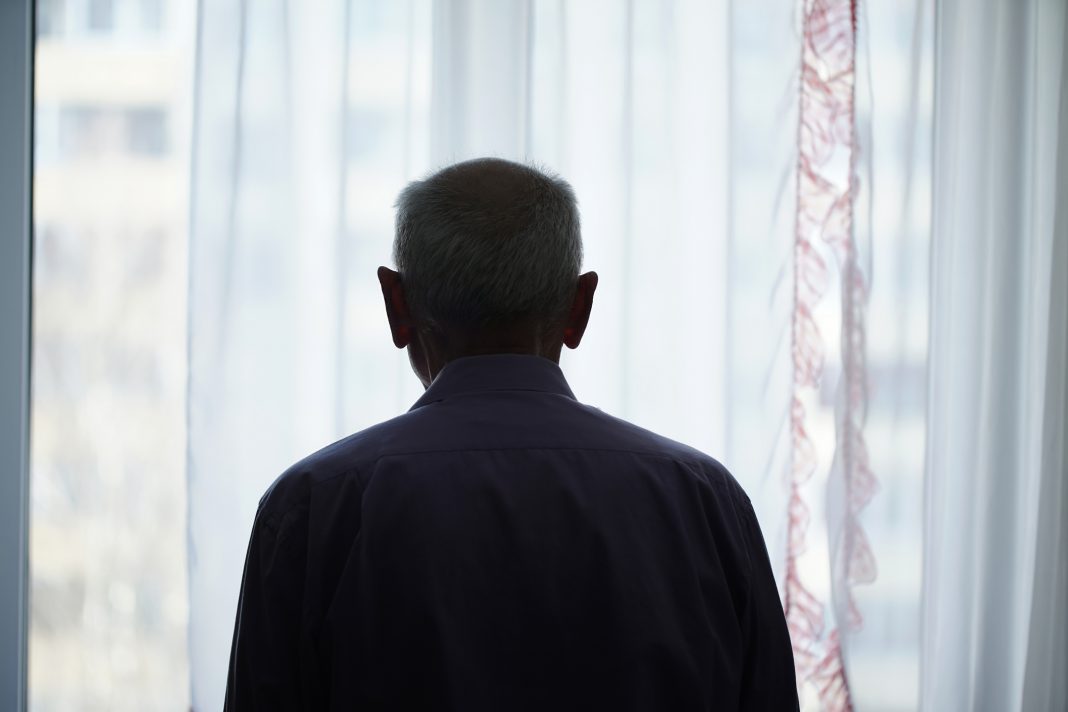Dr Lynne Green, Chief Clinical Officer at Kooth Digital Health, explores the symptoms, causes and treatments for major depressive disorder (MDD)
Major depressive disorder (MDD) is also referred to as clinical depression. It is a diagnosis that may be made when an individual is experiencing periods of low mood and/or a loss of interest in pleasure.
MDD: the symptoms
For the individual to be diagnosed with MDD, then at least five of the following symptoms must have been present over the same two-week period, with at least one of these symptoms being a depressed mood or loss of interest/pleasure:
- Depressed – most of the day, nearly every day.
- Diminished interest or pleasure in all or almost all activities – most of the day, nearly every day.
- Significant weight loss when not dieting, or weight gain, or decrease in appetite – nearly every day.
- Insomnia or hypersomnia – nearly every day.
- Psychomotor agitation (e.g. foot tapping, pacing) or retardation (slowing down of movements) – nearly every day.
- Fatigue or loss of energy – nearly every day.
- Feelings of worthlessness or inappropriate guilt – nearly every day.
- Diminished ability to think or concentrate, or indecisiveness – nearly every day.
- Recurrent thoughts of death, suicide ideation or a suicide attempt/ plan
These symptoms will cause significant distress or impairment to function.
Misconceptions that can stop individuals from seeking help
There can be some unhelpful narratives around depression. For example, the idea that the individual needs to ‘snap out of it’ or ‘pull themselves together’, and that we all experience depression since we can all have ‘bad days’. Of course, mental health exists on a spectrum and most of us experience low mood from time to time. However, this is not the same as being clinically depressed.
These narratives can diminish the experiences of the individual and take away from the distress that they are experiencing. These misconceptions can also stop individuals from seeking help and treatments for major depressive disorder, as they may feel like they don’t need it or ‘should’ be okay.
Treatments for major depressive disorder
The treatments for major depressive disorder depend upon the severity of the symptoms the individual is experiencing – the NICE guidelines recommend a stepped care approach. Sometimes, doctors may give advice on specific lifestyle changes for example regarding dietary intake and exercise, alongside helpful literature or self-help techniques. They may suggest waiting to see if symptoms improve without a more targeted intervention – sometimes called ‘watchful waiting’. For those with mild to moderate depression, talking therapies such as cognitive behavioural therapy or counselling may be recommended and for those with severe or worsening depression, antidepressants may be prescribed. As many people with depression also present with anxiety too, typically interventions specifically targeted at the anxiety symptoms will be used. Often, it is a combination of the above that is recommended.
The complex causes of depression
Depression is quite complex, which makes it difficult to attribute to any single cause. For example, it is well known that depression can ‘run in families’. This could be due to the effects of many different genes as opposed to one single gene, and it could also be a result of shared family trauma or a combination of these factors.
Sometimes serious medical conditions can trigger depression or other significant life events such as a bereavement or a personal conflict. Certain medications can increase the risk of becoming depressed, and we do know that around 30% of people with alcohol or drug problems also suffer from depression. This can create a ‘catch-22’ situation for those who use substances to self-medicate in order to cope with difficult life events. Whilst depression occurs in all ages and genders, females are around twice as likely to develop depression than men. In short, the more risk factors, the more likely the chance of becoming depressed, so it is helpful for high-risk individuals to be alert to any warning signs.
Supporting people with depression
Sometimes, we may find it difficult to know what to say to someone who is depressed, usually due to fear of making things worse. Just asking someone how they are really feeling can be so helpful in enabling vulnerable individuals to feel cared for and encouraging an opportunity to admit that they may be struggling.
For those living with someone who may be displaying some of the known symptoms of depression, helping them focus on small tasks (even getting out of bed) is much more helpful than trying to challenge individuals into something that feels unmanageable to them.
Perhaps the most important message here is that depression is NOT a sign of weakness. Reaching out and asking for help and support with depression – or any mental health concern – is not always easy. However, it is vitally important as the earlier people get help, the better the prognosis. We can all play a part in sharing this message.
Let’s also not forget that there is no one-size-fits-all when it comes to seeking support and treatments for major depressive disorder. If speaking to a GP isn’t an option that the person with depression is comfortable with, then a digital mental health service such as Kooth can help. It provides anonymous and personalised support, with services available around the clock.











